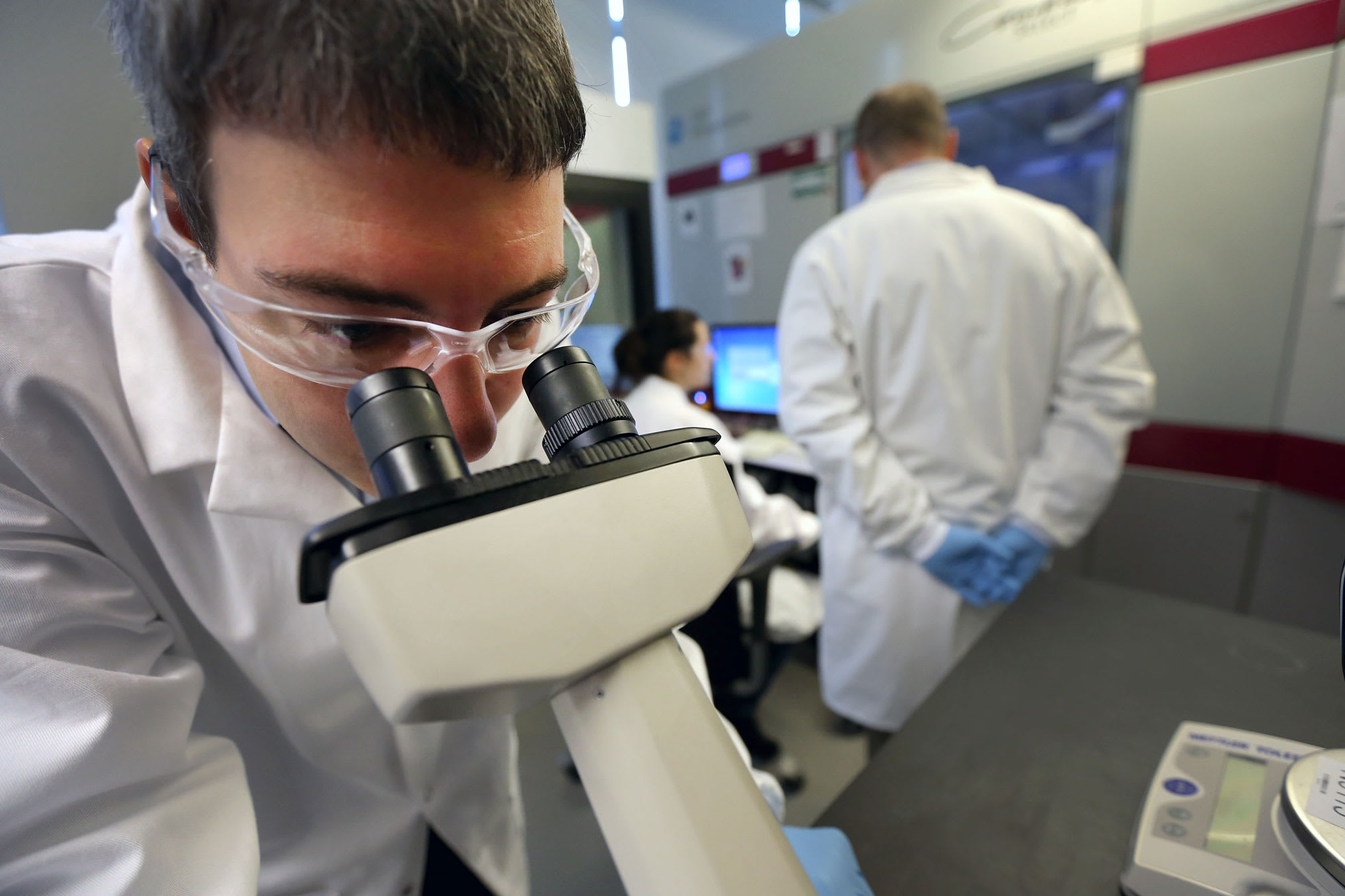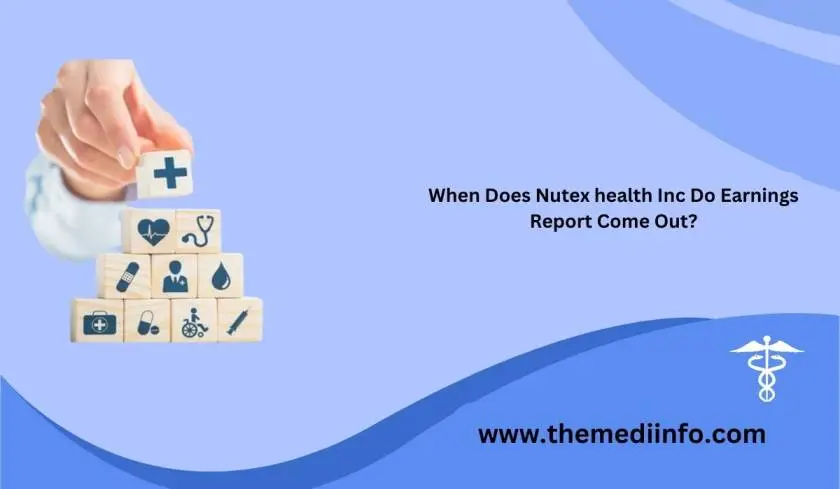
A technician at the Novartis Institutes for BioMedical Research in Cambridge, Massachusetts.
David L. Ryan | The Boston Globe | Getty Images
Pharmaceutical giant Novartis has reached a deal with the U.K. government to provide its late-stage cholesterol drug, inclisiran, to patients at high risk of a heart attack, the company announced Monday.
The drug, which is pending approval in the U.S., will be provided on a “population basis” to patients with atherosclerosis in the U.K. once it is tested in a large clinical trial and approved for use there. Atherosclerosis is a devastating heart disease in which plaque builds up inside arteries and can lead to serious problems, including heart attack, stroke or death.
Inclisiran targets a protein called PCSK9 that is involved in producing LDL, or “bad” cholesterol. The drug is intended to be used in addition to statins for patients who struggle to lower cholesterol with traditional therapy.
“Novartis has a unique opportunity with inclisiran to open up a new chapter in the treatment of cardiovascular disease, the world’s leading cause of mortality and disability,” Novartis CEO Vas Narasimhan said in a statement. The company didn’t immediately release any financial details on the deal.
“We’re confident that innovative approaches like this will enable us to accelerate access timelines, deliver on our broader commitment to generating leading scientific evidence, and ensure continuous improvement in manufacturing efficiency and optimization,” he said.
Cardiovascular disease causes 46 times the number of deaths and 11 times the disease burden caused by AIDS, tuberculosis and malaria combined in Europe, according to the World Health Organization.
Novartis picked up the heart drug as part of its completed $9.7 billion acquisition of The Medicines Company, challenging Amgen’s Repatha and Sanofi’s and Regeneron’s Praluent, which target the same protein as inclisiran. The company expects to file the drug with European regulators in the first quarter of this year.
U.K. Health Secretary Matt Hancock said Monday that the deal is “a strong vote of confidence in our world-leading life sciences sector” that enables high-risk heart patients “to benefit from this potentially game-changing treatment.”
“I am committed to helping the NHS reach its full potential, and innovative collaborations such as this puts patients at the forefront of the most promising medical breakthroughs,” he added, referring to the U.K.’s National Health Service.
The deal was announced on the first day of the J.P. Morgan Healthcare Conference, the industry’s biggest investing event of the year, in San Francisco. More than 450 public and private companies in the biotech, pharmaceutical, insurance, hospital and medical device industries are expected to present at the four-day conference.
— CNBC’s Meg Tirrell and Jodi Gralnick contributed to this article.
Related Post
 06
06 Nov
What Type of Cancer Did Morgan Spurlock Have?
Morgan Spurlock, the producer and previous CNN series have whose McDonald's narrative Super Size Me was selected for an Institute Grant, passed on from disease confusions Thursday, as indicated by his loved ones. What Type of Cancer Did Morgan Spurlock Have? The.
Read More 24
24 Oct
When Does Nutex health Inc Do Earnings Report Come Out?
When Does Nutex health Inc Do Earnings Report Come Out? Today announced that Nutex Health Inc., Nutex Health" or the "Company," a physician-led, integrated healthcare delivery system comprising of 21 state-of- the-art micro hospitals in 9 states and primary care-centric. The.
Read More 16
16 Sep
The Role of Lifestyle in Anti-Aging Skin Care Products
Looking for anti aging skin care products can feel like a hit-or-miss insight. With so many options, it can be hard to choose. These dermatologist tips can assist you with shopping with certainty. Has your skin been harmed or has it matured altogether.
Read More 14
14 Aug
7 Essential Healthy Habits to Instill in Your Kids in 2024
In the high-speed universe of 2024, raising solid and balanced kids requires a blend of shrewd nurturing and adjusting to the most recent patterns. As guardians, it's critical to instill propensities that cultivate both physical and mental prosperity in our.
Read More